In his new book, The Human Quest, scientist Johan Rockström and photographer Mattias Klum explore ways that humans can live within the planetary boundaries.
"Humanity needs a paradigm shift," Rockström tells us. The planetary boundaries, discussed in Part 1 of this interview, define limits to human induced environmental change before we reach an area of uncertainty and irreversible environmental damage. Now, we must learn how to live within these limits to avoid reaching a point of no return.
The paradigm shift is strategic and two-fold: we must preserve natural beauty, which is captured magnificently in The Human Quest by Klum. And, by preserving the planet's natural beauty we are simultaneously preserving the remaining biodiversity of our landscapes and our ability to produce food, secure fresh water, and live in a stable climate.
Critics have suggested that the planetary boundaries fail to address local and regional boundaries. Let's take water, for example. Water is a resource which is really only relevant at local or regional levels. Rockström and his team are responding to such critiques. Rockström and his team are working on Climate Boundaries 2.0, which will pair regional boundaries with the global boundaries. In relation to the water boundary, Rockström explains that the boundaries will be reassessed based on the sustainable threshold of water withdrawals at the basin scale. Watch our interview with Rockström above for more details on this approach.
Interviewed by James Clark, Interim Head of Communications at the International Water Management Institute.






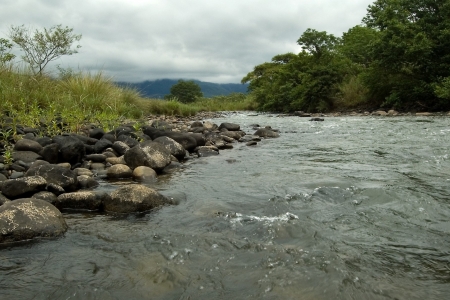


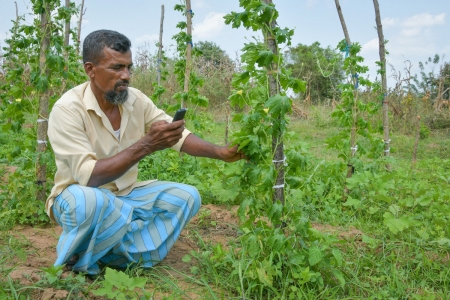




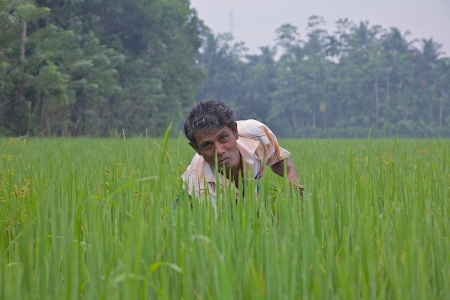
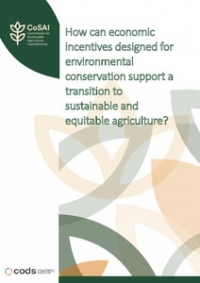
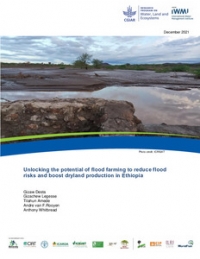
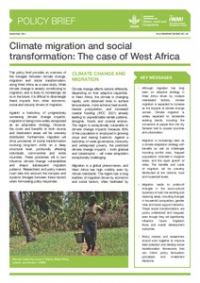
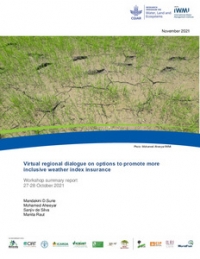
Comments
Aditi Mukherji (on Facebook):
I get a little concerned when we talk about boundaries, because boundaries are always imposed on poorer nations. I just hope this call is different!
My response:
Aditi you raise an important point, that being, the potential implications such boundaries may have on developing and emerging economies where there are significant numbers of people that need to be pulled out of poverty and onto the development ladder. A similar argument has been put forward in the climate change debate. My thoughts are that remaining within these boundaries is critical to our very existence. Exceeding these boundaries brings with them the challenges of shocks, risks and uncertainty all of which have global implications that range from food insecurity to issues of economic growth, social instability etc. To me the precautionary principle is the most appropriate approach to take. Just how we achieve not exceeding these boundaries is a debate that I am sure will be on going. It will mean that we as a global community will have to make choices and decisions. In my opinion our insatiable consumption of resources will have to change and we all, whether poor or wealthy, will have to do our part in addressing this issue. From an equity perspective I would posit that the developed world should be brave enough to take on its fair share of the changes that will ensure that we remain within the Planetary Boundaries.
Discussions like this about planetary boundaries are a good a way to promote and expand the topic. Thanks for the article and hope to read from you again. Very valuable information Water.
From LinkedIn group
Alan Short - It'll be really interesting to see how Rockstrom's book differs from "the God Species" By Mark Lynas. Lynas' book was based on Rockstrom's team's work, but was independently written, and contains some conclusions that some might find controversial (great reading, by the way). Also beautifully illustrates the boundary concept. Lynas, a former extreme environmental activist, makes the point that we can grow our economies and societies, as long as we stay within the boundaries, a completely different argument from many "greenies", who believe that we need to change our lifestyles and reduce our standard of living for the world to survive.
So now we have a book by the original leader of the boundaries concept. Looking forward to reading it.
The boundaries concept, by the way, makes perfect sense for those who were raised in the "tipping points" model of ecosystem functioning.